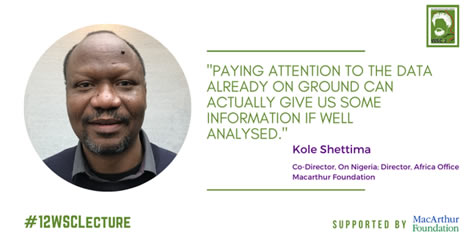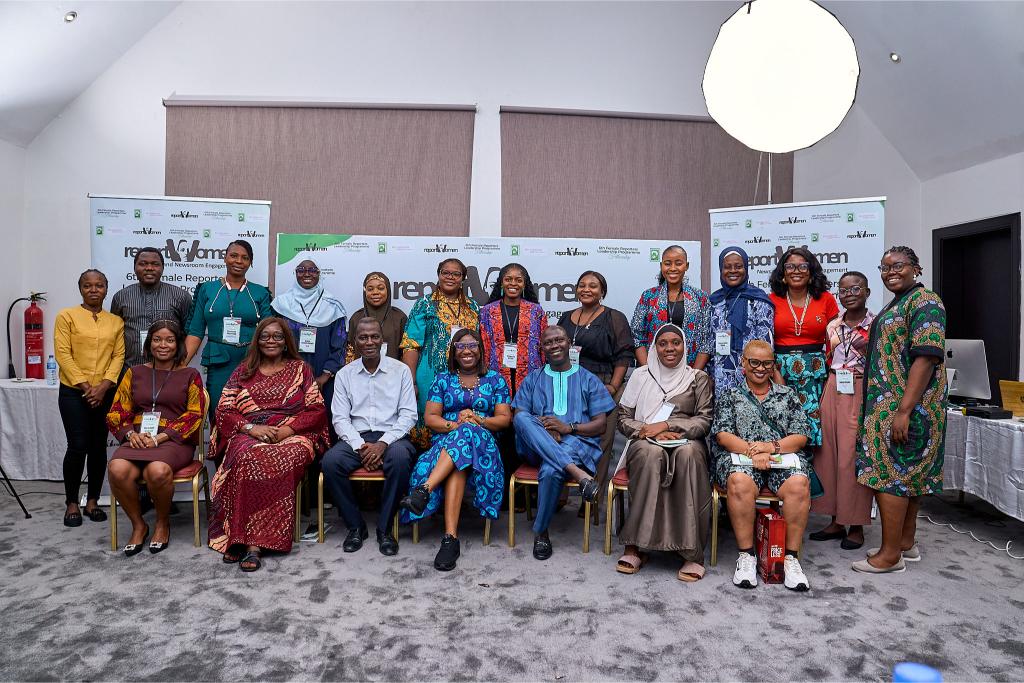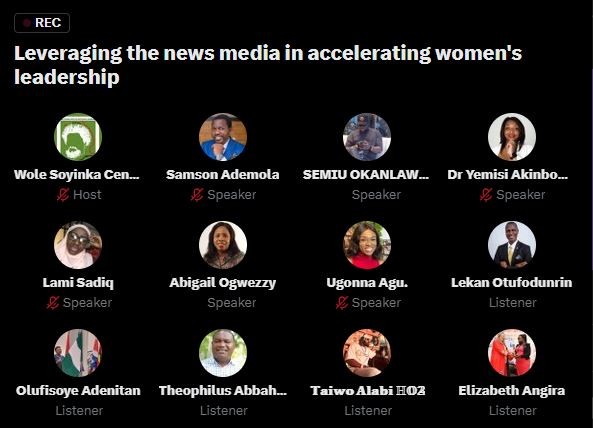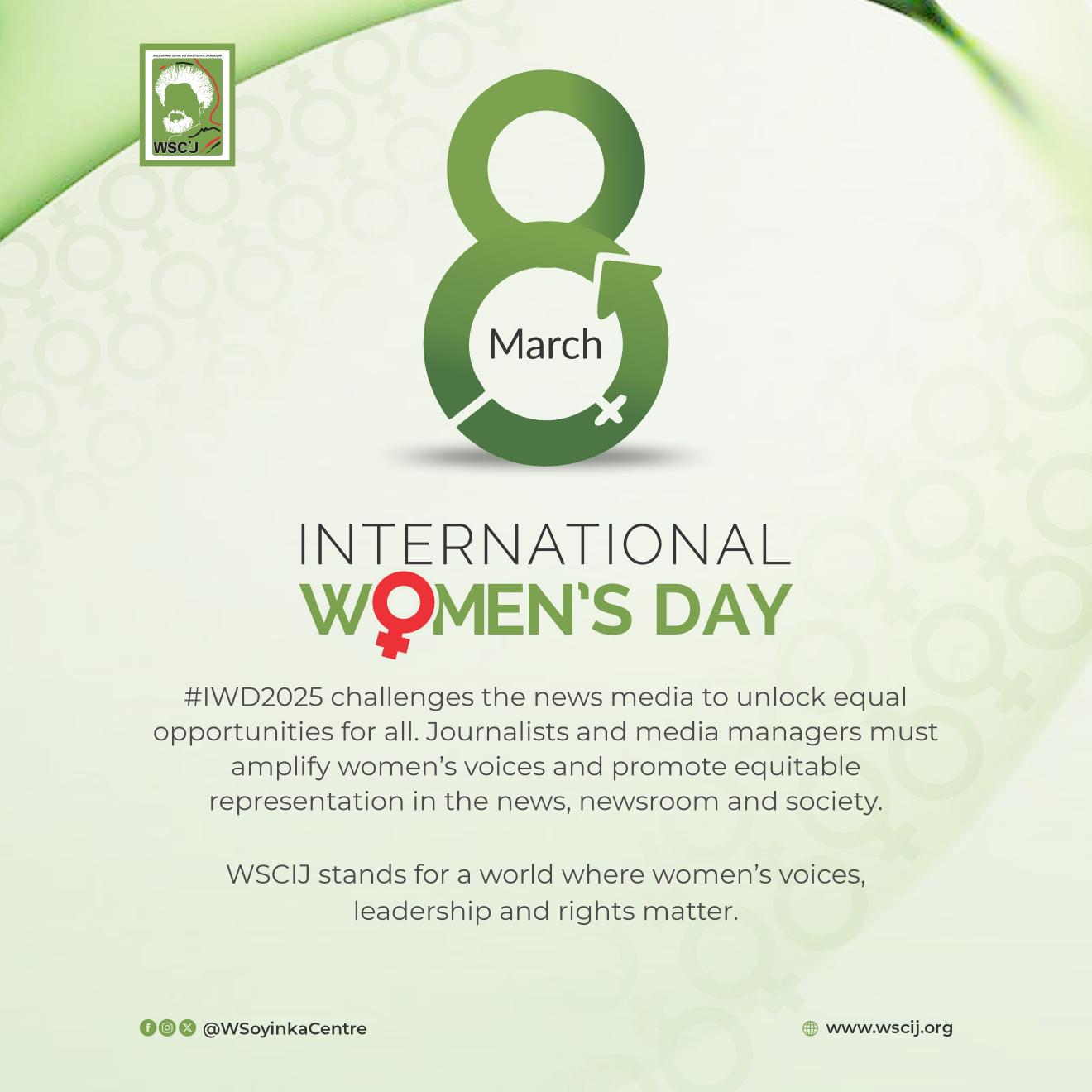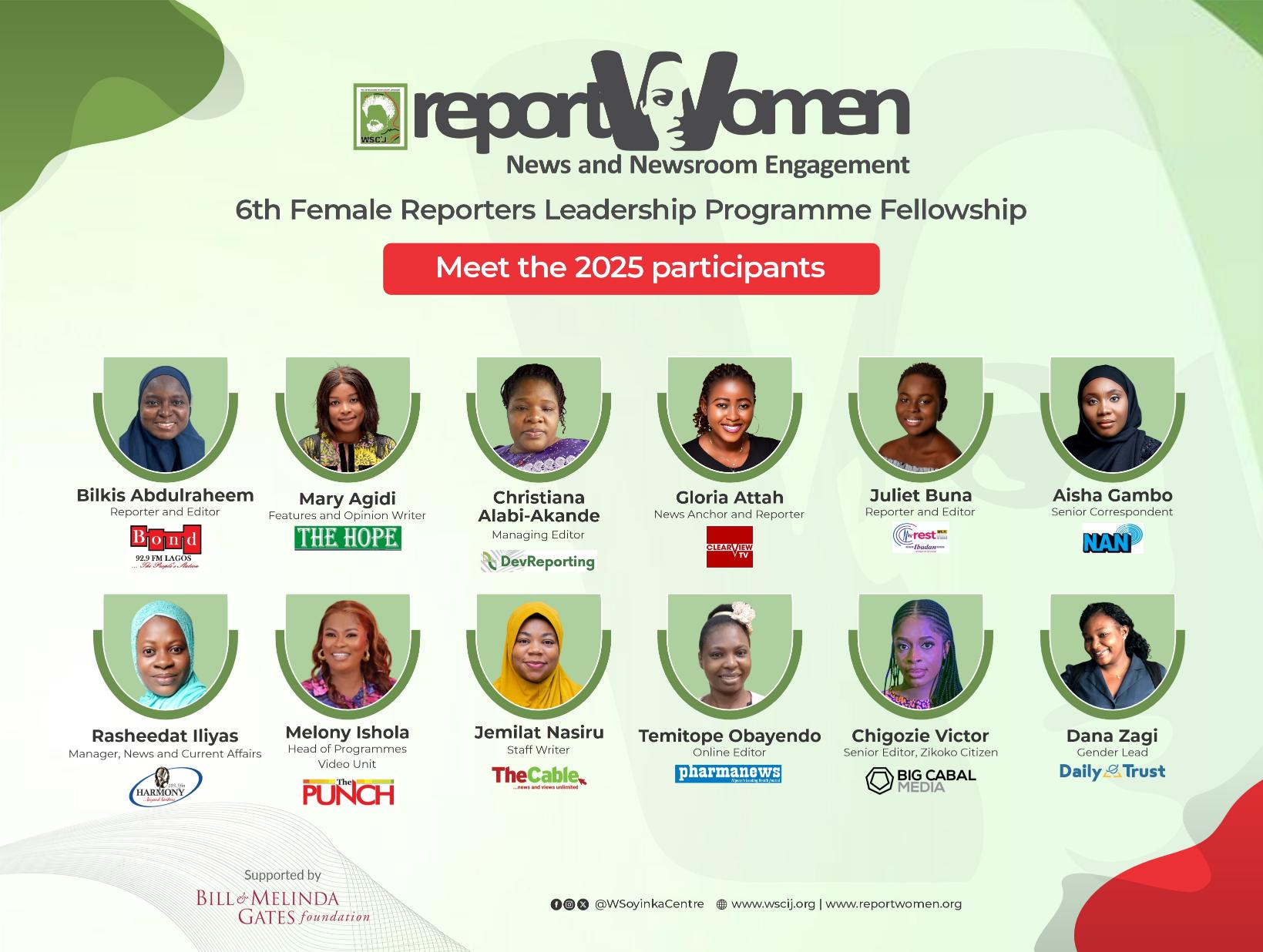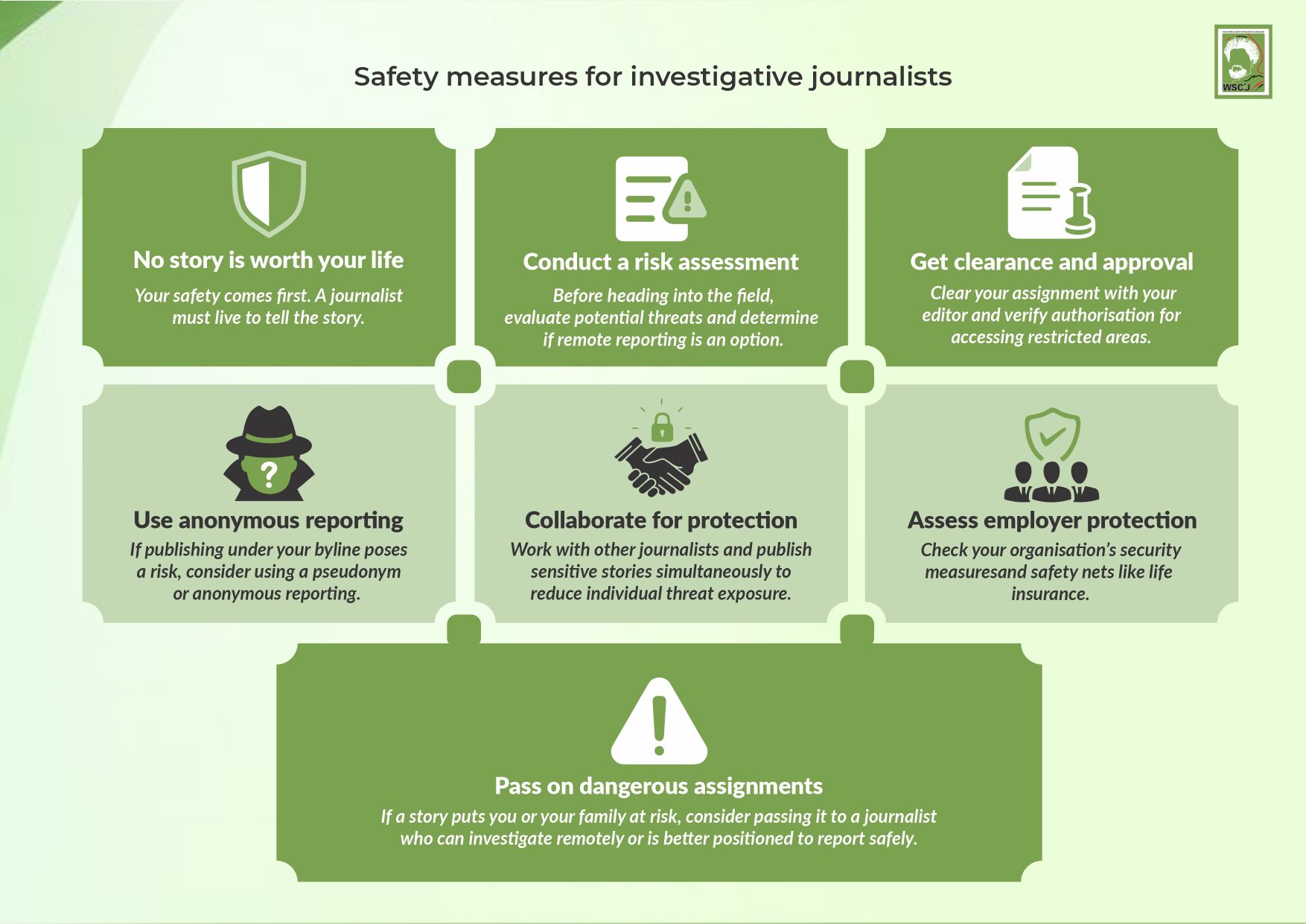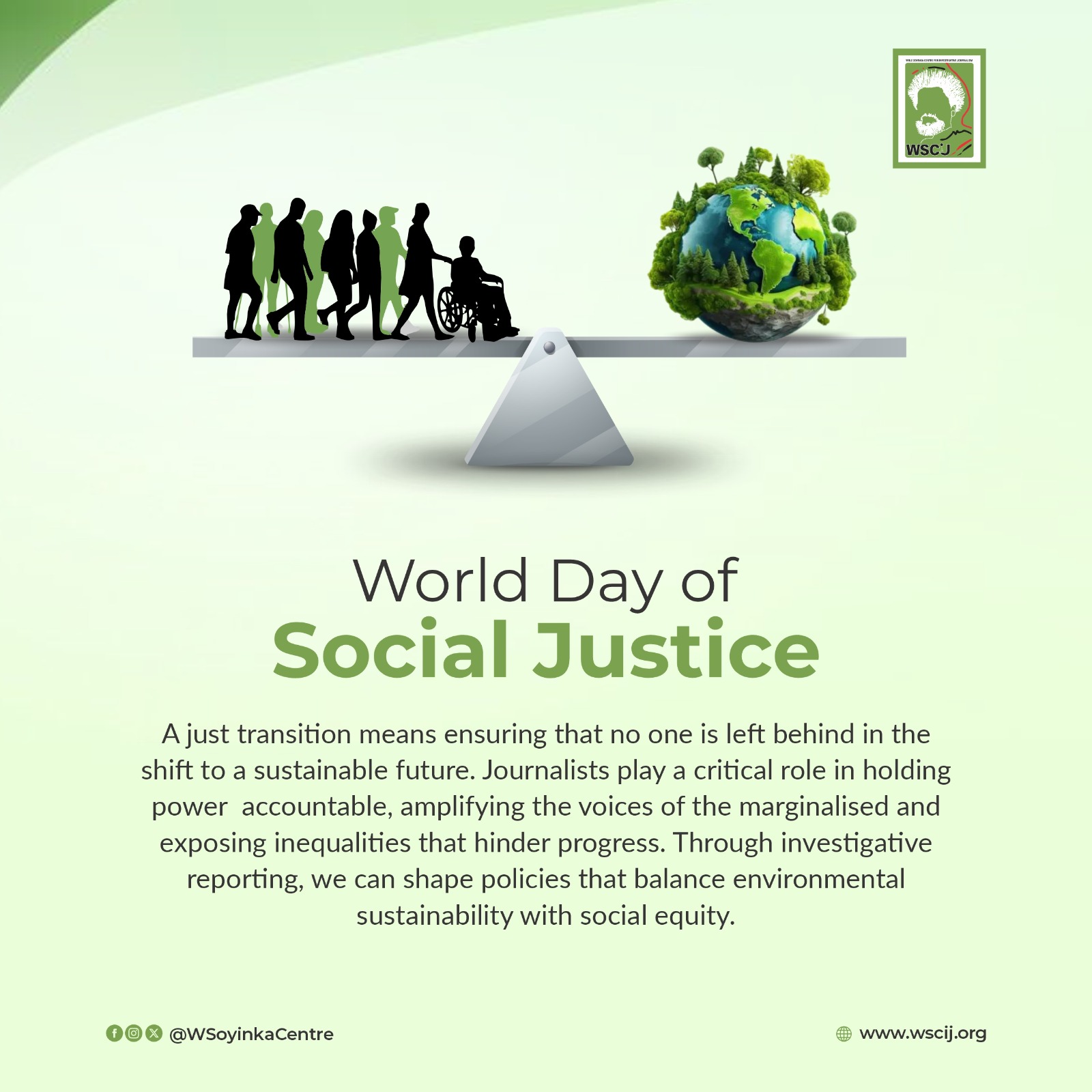Kole Shettima, Director of the Africa Office for the John D. and Catherine T. MacArthur Foundation, has urged the media in Nigeria to think of itself as reliable sources of data that is consciously and professionally collected as a revenue channel to aid sustainability.
He made this call on Monday July 13, 2020 at the 12th Wole Soyinka Centre Media Lecture Series organised by the Wole Soyinka Centre for Investigative Journalism to raise debate on critical issues affecting Nigeria.
In his remarks at the lecture, Shettima noted the need to improve the quality of data available to the media and the public.
“I think certainly we have seen significant improvements in terms of the quality of data in the country for which I think we all thank the National Bureau of Statistics. But I think this is an area we also need to work very hard and to make sure we get the data that we need in order to inform, actually, the work of the media itself but also in terms of national development.’’
He urged the media to emulate Bloomberg, a foreign media organisation which generates most of its revenue by generating and selling to the public. He further urged the media to pay attention to existing data, which according to him, can provide them a lot of information if analysed, interpreted and applied well for policy formation and national development.
On the future of data in planning for national development, he advocated for a visual data board or counter that will match the country’s population growth with its needs.
“If Nigeria as a country is going to be the 3rd or the 4th largest country in the world in the next 30 years, it has to plan by using data to inform national development.
“I’m just thinking, who can help us to produce a clock or a counter that will match the population growth in our country with the number of toilets that we need, every second as we march towards 2050; the number of teachers that we need as we march towards 2050; the number of nurses, the number of classrooms, the number of police, the number of military that we need so that we can see how the population growth is being matched by how many toilets we need, how many classrooms we need, how many teachers we need and how many medical doctors we need, and maybe put somewhere, in Abuja Unity park and every state so that people then begin to see the consequences of our actions, and what leadership mean in this kind of situation.”

